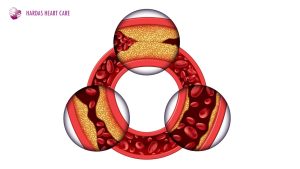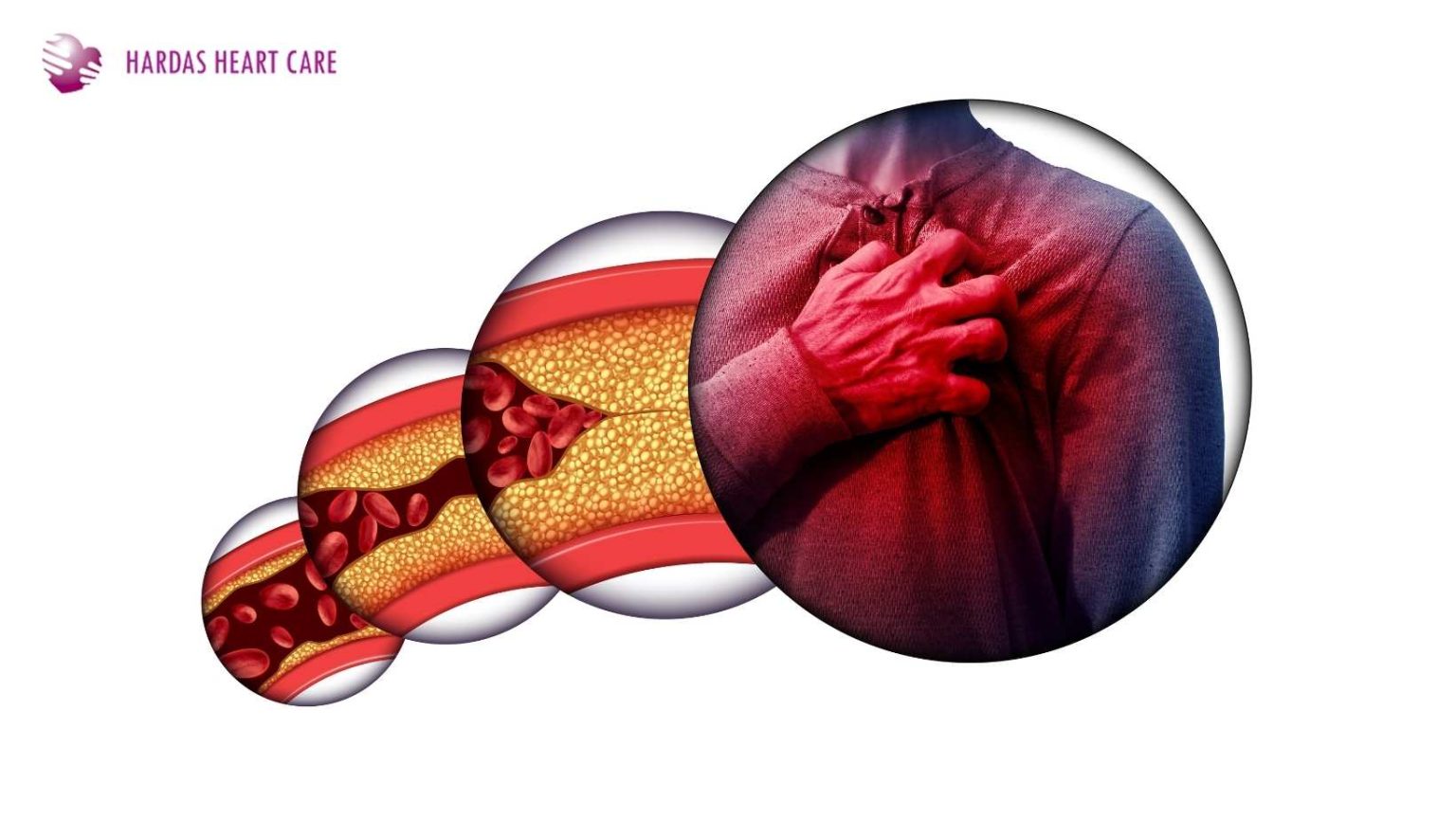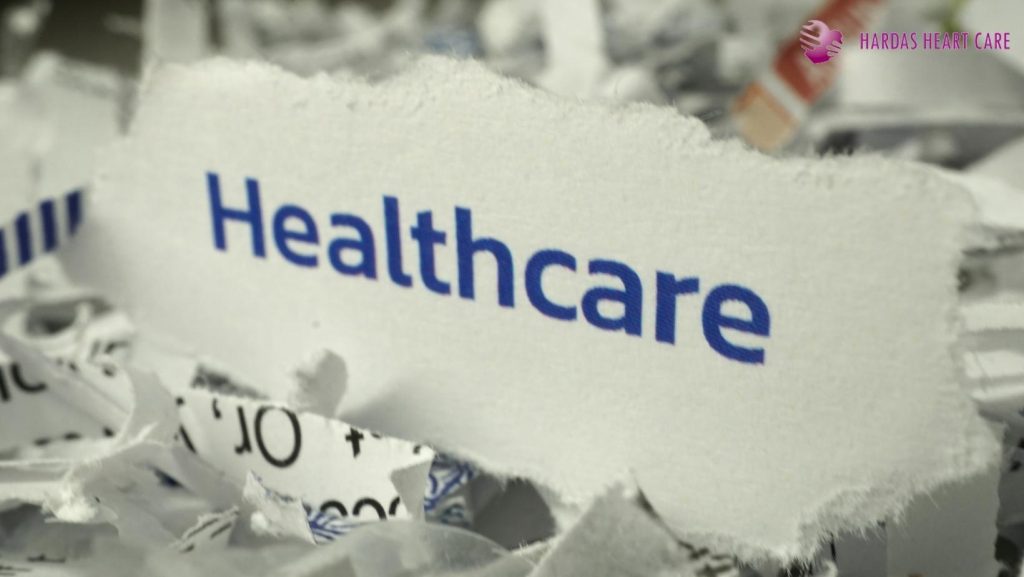In the complex landscape of our health, some of the most significant threats are silent ones. They build up over time without obvious symptoms until a serious event occurs. High cholesterol is a prime example of such an adversary and stands as a major contributor to heart disease, the leading cause of mortality across the globe. Factors like chronic stress, a sedentary lifestyle, and pre-existing health conditions can increase your risk, but understanding and managing cholesterol is a critical step in safeguarding your heart.
This article will explore the nature of cholesterol, its profound impact on your heart and arteries, its origins, and the actionable steps you can take to manage your levels for a healthier future.
Demystifying Cholesterol: The Good, The Bad, and The Necessary
Cholesterol is a waxy, fat-like substance that circulates in your blood. While it often gets a bad reputation, your body, primarily your liver, produces cholesterol because it’s essential for building healthy cells, producing hormones, and synthesizing vitamin D. The issue arises when the levels, particularly of one type, become too high.
To understand its impact, we must differentiate between the two primary types of cholesterol, which are transported through the blood by proteins called lipoproteins:
- Low-Density Lipoprotein (LDL): Often labelled the “bad” cholesterol, LDL is responsible for transporting cholesterol particles throughout your body. When you have an excess of LDL, it can deposit on the inner walls of your arteries. This buildup, known as plaque, leads to a condition called atherosclerosis.
- High-Density Lipoprotein (HDL): Known as the “good” cholesterol, HDL acts like a scavenger. It collects excess LDL cholesterol from the arteries and transports it back to the liver, where it is broken down and removed from the body.

The source of cholesterol is twofold: your body produces what it needs, and you also absorb it from certain foods. Animal-based products like red meat, full-fat dairy, and egg yolks contain dietary cholesterol. More significantly, foods rich in saturated and trans fats—such as deep-fried items, commercially baked goods, and processed snacks—prompt your liver to produce more LDL cholesterol, upsetting your natural balance. Even some plant-based oils, like palm and coconut oil, are high in saturated fats.
The Domino Effect: How High Cholesterol Harms Your Heart
The danger of high LDL cholesterol lies in the slow, progressive process of atherosclerosis. As plaque accumulates, it hardens and narrows your arteries, restricting the pathway for blood to flow. This “hardening of the arteries” can have severe consequences throughout your body.
- Coronary Artery Disease (CAD): When atherosclerosis affects the coronary arteries that supply blood directly to the heart muscle, it leads to CAD. Restricted blood flow can cause chest pain (angina). If a plaque deposit ruptures and a blood clot forms, it can completely block the artery, resulting in a heart attack. In such critical events, procedures like coronary angioplasty are often required to reopen the vessel.
- Stroke: Plaque can also build up in the carotid arteries, which deliver blood to your brain. If this pathway is blocked, it can lead to a stroke.
- Peripheral Arterial Disease (PAD): When the arteries supplying blood to your limbs (usually the legs) become narrowed, it causes PAD. This can lead to leg pain, difficulty walking, and poor wound healing.
- Long-Term Strain: Over time, high cholesterol can contribute to broader cardiac issues. The heart has to work much harder to pump blood through narrowed arteries, which can eventually lead to heart failure. Furthermore, cholesterol deposits can cause heart valves to stiffen and narrow, a condition known as stenosis, which is a form of heart valve disease.
Taking Control: Your Action Plan for Lowering Cholesterol
If you’ve been diagnosed with high cholesterol, partnering with a heart disease specialist is the most important first step. A cardiologist can assess your overall cardiovascular risk and may prescribe medications, most commonly statins, to help control your cholesterol production.
Alongside medical treatment, lifestyle modifications are incredibly powerful:
- Revamp Your Plate: Adopt a heart-healthy diet low in saturated and trans fats. Increase your intake of soluble fiber (found in oats, apples, and beans), healthy fats (from avocados, nuts, and olive oil), and omega-3 fatty acids (from fish like salmon and mackerel).
- Embrace Movement: Regular physical activity helps raise your HDL (“good”) cholesterol levels. Aim for at least 150 minutes of moderate-intensity exercise, like brisk walking, or 75 minutes of vigorous exercise per week.
- Manage Your Weight: Losing even a small amount of excess weight can have a significant positive impact on your cholesterol levels.
- Quit Smoking: Smoking damages the walls of your blood vessels, making them more prone to plaque accumulation, and it also lowers your HDL levels.
- Moderate Alcohol Consumption: If you drink, do so in moderation, as excessive alcohol intake can raise cholesterol and triglyceride levels.
Conclusion
High cholesterol is a formidable risk factor for heart disease, but it is not a life sentence. It is a manageable condition that responds well to proactive changes. By understanding how cholesterol works and its potential to cause harm, you can take decisive steps to protect your heart. A combination of a healthy lifestyle, regular check-ups, and adherence to prescribed medical advice is the most effective strategy for ensuring long-term cardiovascular wellness.
For expert guidance on managing your cardiovascular health in Pune, consider consulting with Dr. Suhas Hardas. As a renowned interventional cardiologist, he has dedicated his career to helping patients navigate and recover from complex heart conditions. To take the next step in protecting your heart, schedule an appointment with Dr. Suhas Hardas today



